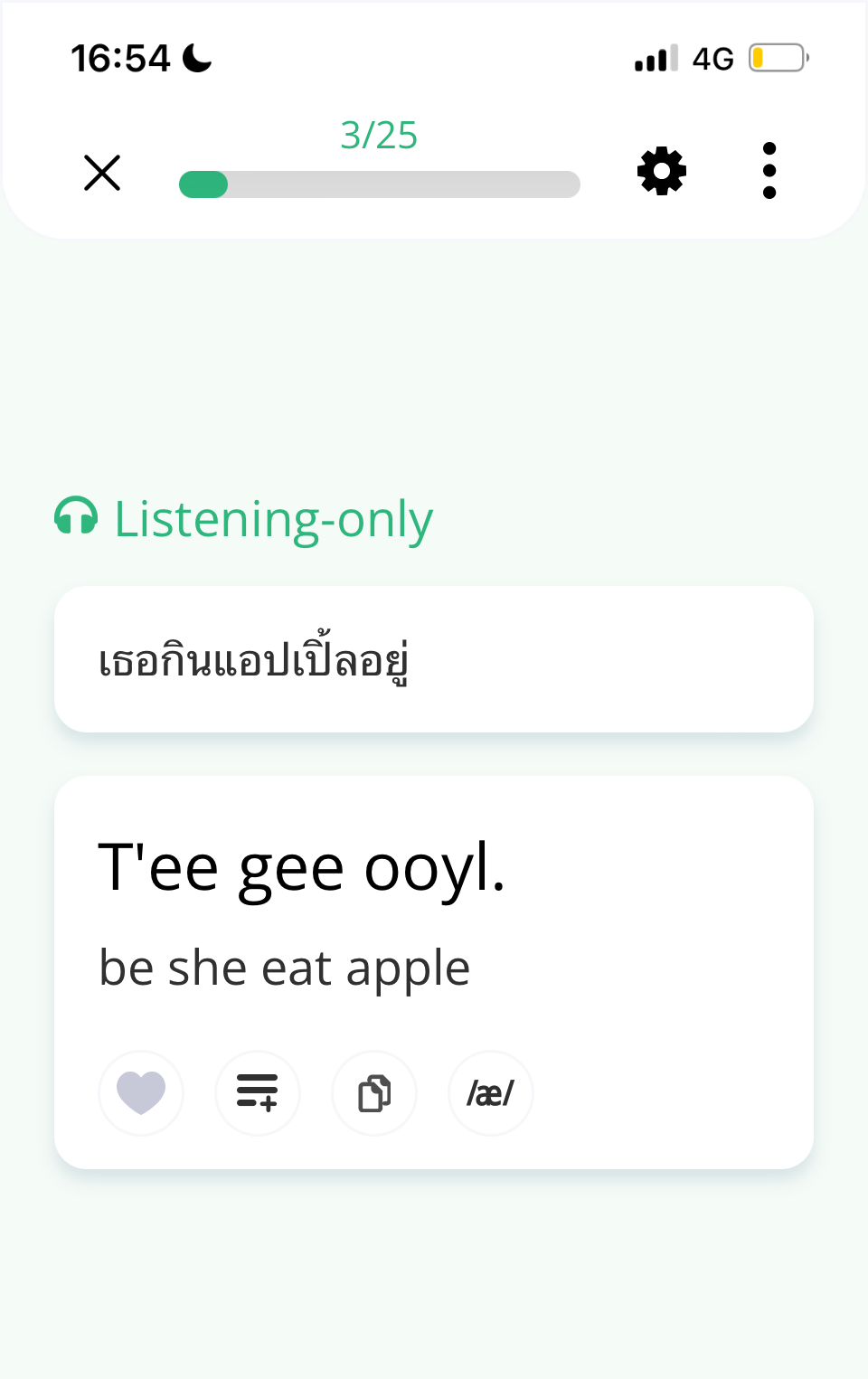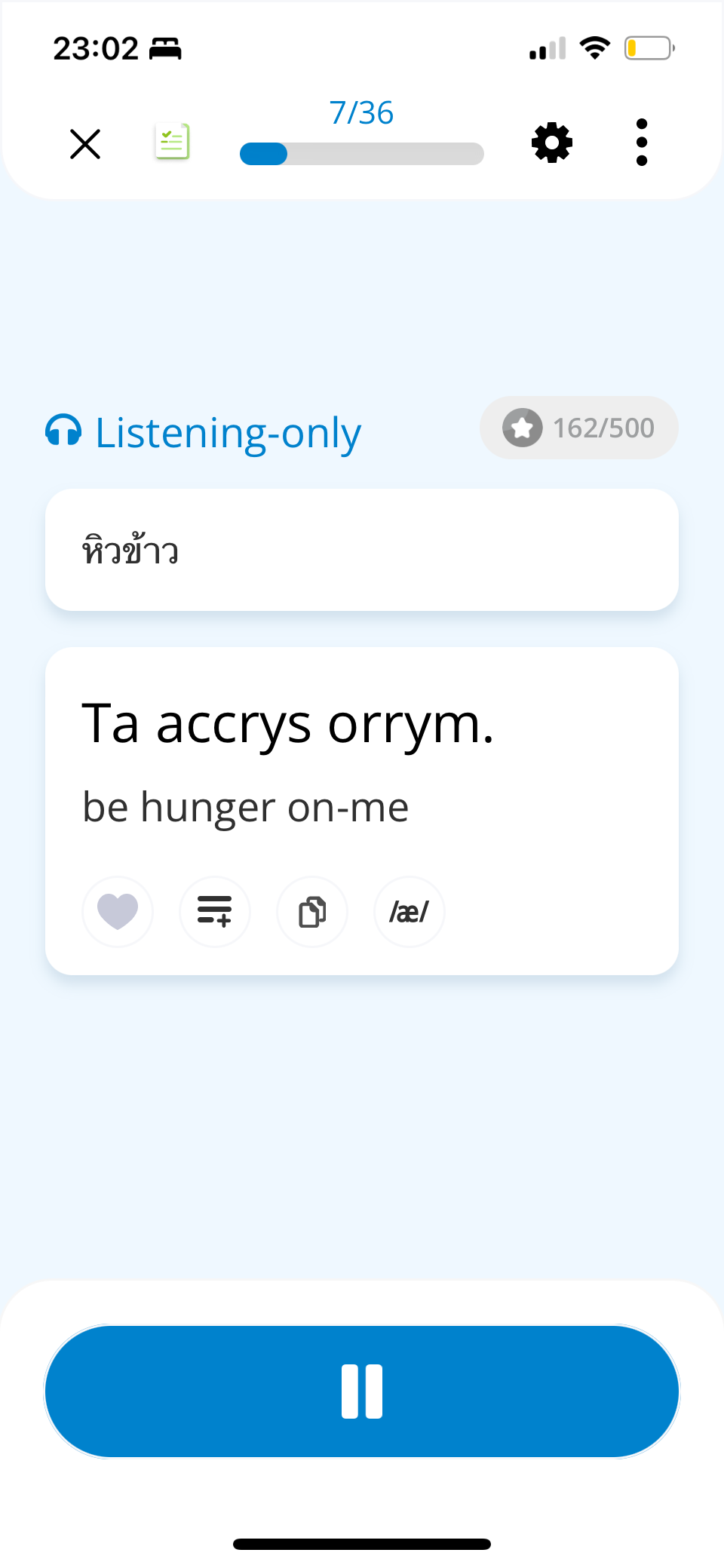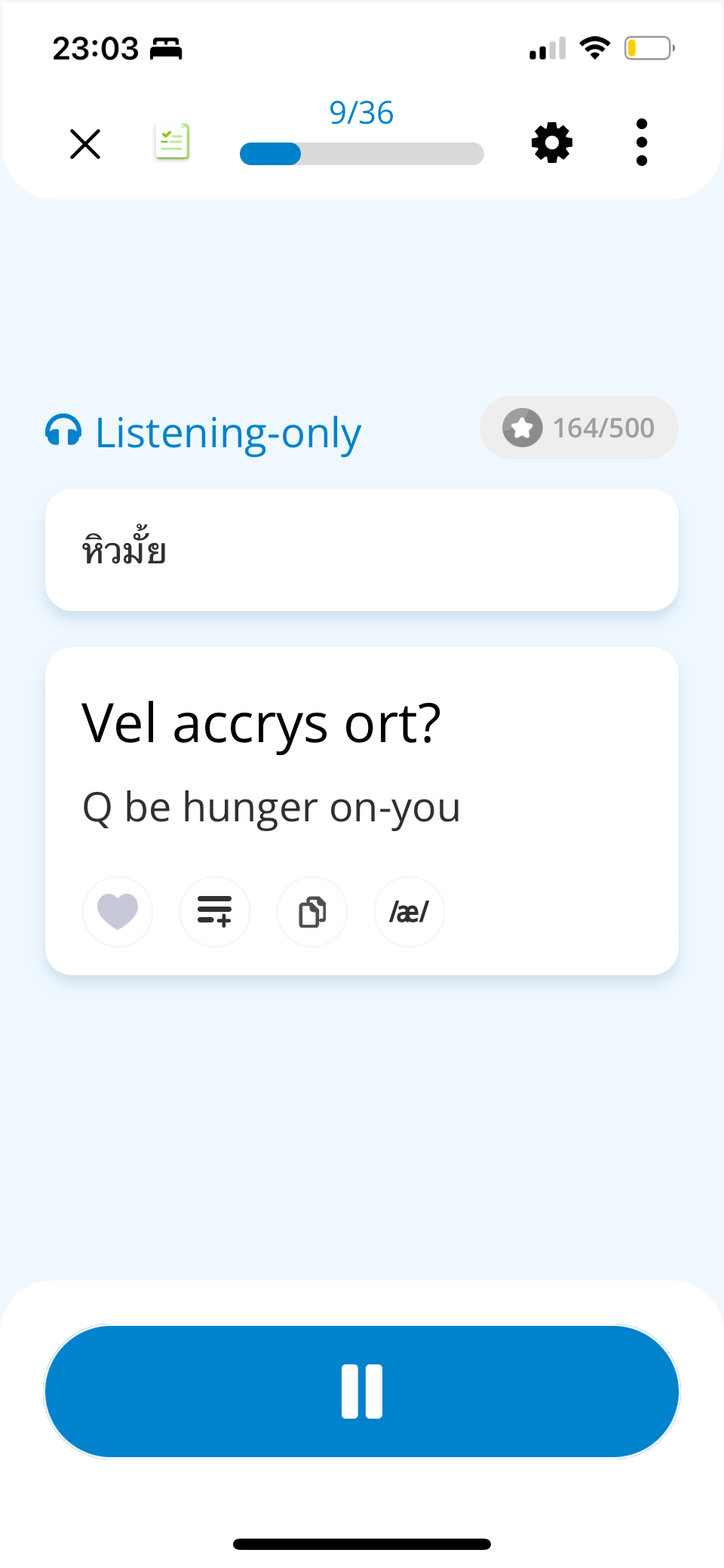Learning a language is like open water swimming
Dear language-speaking friends,
Before we go any further, I want to clarify the confusion regarding the special 30-day-trial that Glossika gave us. It may look like this link takes you to their regular 7-day trial page. Sign up anyway and you will see under "Plans and Billing” that you have 30 days left and not 7. I’m sorry I didn’t make this clear earlier.
My friend Danny likes open water swimming. Year-round, he swims far out into the sea, beyond the waves, and then swims along the shoreline for an hour or longer.
This freaks me out. In the Mediterranean, there are always big waves and underwater currents pulling you in all sorts of directions.
One day, I asked him about it, “How are you not scared out there? Are there waves and underwater currents further out there?”
“Yes, there are.” He shrugged. “Sometimes a wave comes or a current… and throws you around a bit, and you have to not fight it because it’s stronger than you anyway. You just have to sort of give yourself into it.” He added: “It’s kind of liberating to realize that you can’t control everything in life.”
I don’t know about that. My motto is “Whatever I can control in life, I will control,” and not giving myself into underwater currents in the open sea is one of those things.
Still, I did let go of control this past week when we went camping, with a different group of friends, on the shore of the Mediterranean. Not because I went swimming in the open sea but because we were uncomfortably too far from any bomb shelters, and because I let go of the compulsion to check the news all the time, in this country where anything could happen anytime anywhere.
Also because I started learning a new language.
I’m learning, Manx, a Celtic language spoken in the Isle of Man. It is one of six living Celtic languages, the others being Breton, Irish, Scottish Gaelic, Welsh, and Cornish.
Manx was extinct when the last native speaker died in 1974 but in the 1980s a group of second-language speakers decided to raise their children in Manx and started a revival movement.
Manx is still severely endangered (Wikipedia is telling me that as of 2021, there were 23 native speakers of this language and 2200 second language speakers1.) But the fact that it is now used as the language of instruction in some schools and that it is included in Google Translate and language learning apps like Glossika point to the rising prestige of the language which is a good thing.
I chose Manx because it seemed fitting, after listening to the lull of the sea for a whole week, to choose a language that is spoken on an island.
Also because in the absence of any other signs from the universe, I kept scrolling through Glossika’s list of languages and that’s how I discovered Manx.
When you think about it, learning a language is a little bit like open-water swimming. You can control certain parts of this process, like the tools that you use and how much time and effort you put in, but in the end, you can’t control what sticks and what doesn’t, and how your brain takes on this new skill.
It’s ok to not to understand all the grammar at first
To take it one step further I decided that I’m gonna learn it (almost) exclusively through Glossika. This app doesn’t do grammar or exercises, it just feeds you sentences, and lets you figure out the grammar, consciously or subconsciously, as you go.
I could look up a grammatical overview of Manx (and might still do it at some point) but I was curious to see what it’s like to jump straight into sentences without any prior knowledge of the grammar.
This is my version of open-water swimming if you like.
Admittedly, the sentences in Glossika are not very complicated right off the bat.
Still, sometimes you have to be ok with the fact that you don’t yet understand why things are said the way they are, and just let that wave throw you around for a bit and trust that you’ll figure it out eventually.
For instance, since Celtic languages belong to the Indo-European language family (i.e. they’re cousins of Germanic, Romance, and Slavic languages, and even very distant cousins of languages like Farsi and Hindi) I expected Manx to have some features that are common in Indo-European languages. I knew it would be moderately synthetic (i.e. have several morphemes in one word but not too many), and would probably have categories like tense, gender, maybe cases on nouns.
So when I met the following sentence, which means “I’m hungry”, I wasn’t surprised by the literal translation “be hunger on-me” because I know of other Indo-European languages that do that: use a special form of the pronoun “I” (usually in dative case) to express certain sensations. For example, the sentence Mne xolodno “I’m cold” in Russian uses a special (dative case) form of the pronoun “I” and is translated literally as “It is cold to-me.”
I thought ok, cool I guess Manx nouns also have cases.
But when I met this other sentence, which means “Are you hungry?” things started to look a bit fishy.
I get that orrym means “on me” and ort means “on you” and it makes sense because -m and -t quite often in some way stand for “I” and “you” in Indo-European languages.
But these didn’t look like modified forms of the pronouns “I” and “you.” It looked like the letters m and t were added onto something.
Anyway, I couldn’t swim in that open water for too long and why should I when we have Google. It turns out that Manx (and other Celtic languages) have something called “inflected prepositions” i.e. when prepositions (words like on, at, under) combine with the following pronoun into one word. So orrym and ort are not special forms of the pronouns “I” and “you” but modified forms of the preposition on with “I” and “you” added as suffixes, so they literally mean “on me” and “on you.”
Arabic and Hebrew (Semitic languages) do that too, but I don’t know of another Indo-European language that does that.
That discovery, along with the camping trip, was the highlight of my week.
Let’s make it 2,201 speakers, shall we 🤨?





So interesting to learn such an obscure language! And to think languages are intermingle somehow with each other ...
Really lovely, Tanya! (And not just because I like swimming....)